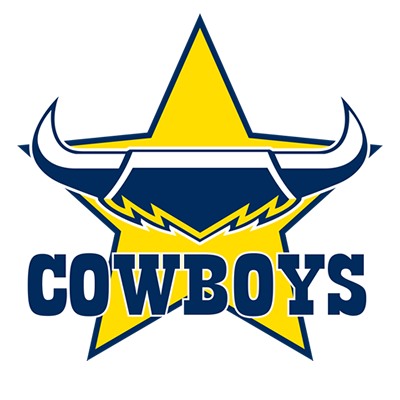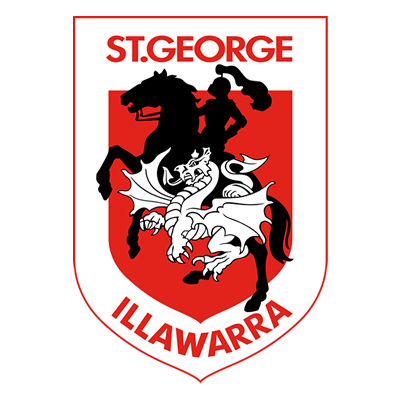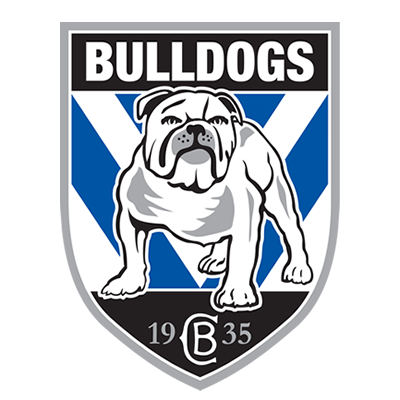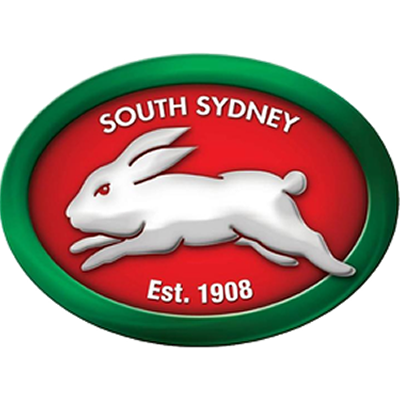mozgrame
Engorged member
Ballad of the Hippy
By Garv, with sincere apologies to Henry Lawson
Down the sleazy lanes and alleys
His memory at a loss
The drug besotted hippy
Goes swaggering through the Cross
A swarm of flies attends him
For foul of smell is he
His brains are badly addled
From trips on L.S.D.
His ragged jeans and t-shirt
Both threadbare and unwashed
Are sprinkled well with bloodstains
From bugs and lice he's squashed
His filthy pad is empty
The rent he failed to pay
Last night he groaned and shivered
As in Hyde Park he lay.
Up Griffith way he travelled
On dusty roads and hot
To seek a drug supplier
And now he's high on "Pot"
But needs a shot of heroin
To make contentment stick
Before he hits Macleay Street
To find his grubby chick.
Across the intersection
The Cres Hotel is bright
Two coppers in a police van
Come cruising through the night
A pair of shakedown artists
To duty's call untrue
They've just received a handout
From harlots in the 'Loo.
Their eyes are on the hippy
A most offensive sight
"A pigeon", says the seargent
"To fill our cage tonight".
The hippy ceases dreaming
Of carnal joys of rape
Down Darlo Road he gallops
In hopes to make escape.
But on Macleay Street corner
His bird will wait in vain
He'll never bring her presents
Of "horse"or "pot" again
For in the darkened roadway
A taxi's headlight gleam
A sickening, sodden impact
A terrifying scream.
The sergeant, braking swiftly,
Great rage and wrath attains
As on his windscreen splatters
The hippy's sluggish brains
The cab-man visualising
Great damage to his car
Finds smoking hot intestines
Wound round the bumper bar.
No more we'll see our hero
By heroin made bold
He's won a John Doe ticket
In Sydney morgue house cold
But someone's greatly saddened
And shows with tearful signs
Great sorrow for the hippy
Who on a slab reclines
Through sleazy lanes and alleys
In Sydney's squalid slums
The Black Maria still searches
For junkies, drunks and bums
The coppers sadly wishing
That they were on a spree
While music from the nightclubs
Is pounding crazily.
By Garv, with sincere apologies to Henry Lawson
Down the sleazy lanes and alleys
His memory at a loss
The drug besotted hippy
Goes swaggering through the Cross
A swarm of flies attends him
For foul of smell is he
His brains are badly addled
From trips on L.S.D.
His ragged jeans and t-shirt
Both threadbare and unwashed
Are sprinkled well with bloodstains
From bugs and lice he's squashed
His filthy pad is empty
The rent he failed to pay
Last night he groaned and shivered
As in Hyde Park he lay.
Up Griffith way he travelled
On dusty roads and hot
To seek a drug supplier
And now he's high on "Pot"
But needs a shot of heroin
To make contentment stick
Before he hits Macleay Street
To find his grubby chick.
Across the intersection
The Cres Hotel is bright
Two coppers in a police van
Come cruising through the night
A pair of shakedown artists
To duty's call untrue
They've just received a handout
From harlots in the 'Loo.
Their eyes are on the hippy
A most offensive sight
"A pigeon", says the seargent
"To fill our cage tonight".
The hippy ceases dreaming
Of carnal joys of rape
Down Darlo Road he gallops
In hopes to make escape.
But on Macleay Street corner
His bird will wait in vain
He'll never bring her presents
Of "horse"or "pot" again
For in the darkened roadway
A taxi's headlight gleam
A sickening, sodden impact
A terrifying scream.
The sergeant, braking swiftly,
Great rage and wrath attains
As on his windscreen splatters
The hippy's sluggish brains
The cab-man visualising
Great damage to his car
Finds smoking hot intestines
Wound round the bumper bar.
No more we'll see our hero
By heroin made bold
He's won a John Doe ticket
In Sydney morgue house cold
But someone's greatly saddened
And shows with tearful signs
Great sorrow for the hippy
Who on a slab reclines
Through sleazy lanes and alleys
In Sydney's squalid slums
The Black Maria still searches
For junkies, drunks and bums
The coppers sadly wishing
That they were on a spree
While music from the nightclubs
Is pounding crazily.

















